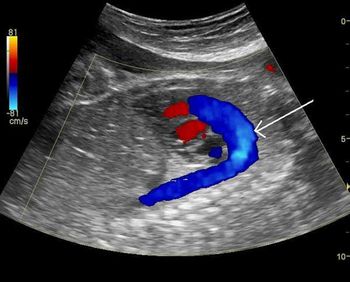
According to a recent study in JAMA, neither the sacrospinous ligament fixation (SSLF) nor the uterosacral ligament vaginal vault suspension (ULS) procedure is superior to the other in the treatment of vaginal prolapse and stress urinary incontinence.

